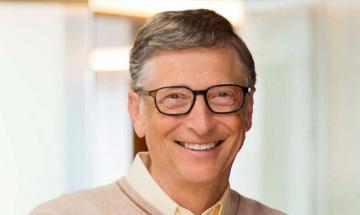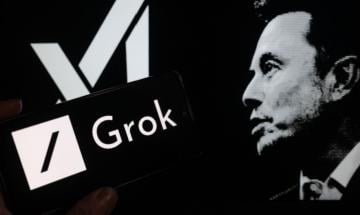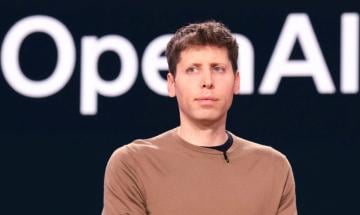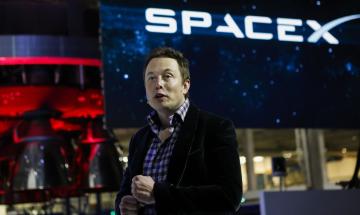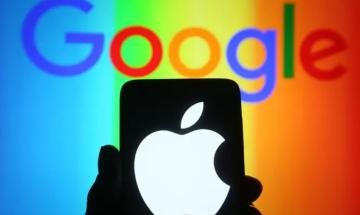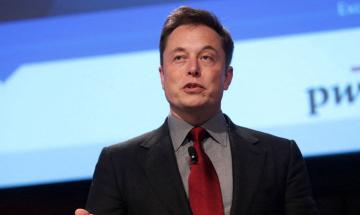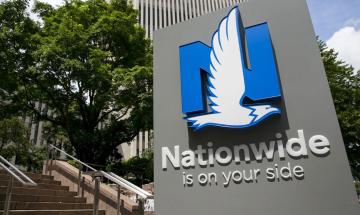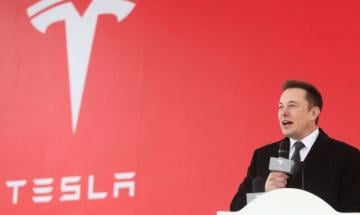Home / Technology
5 prominent lawsuits filed against Sam Altman's OpenAI
Here are five major lawsuits that have shaped the legal landscape for OpenAI
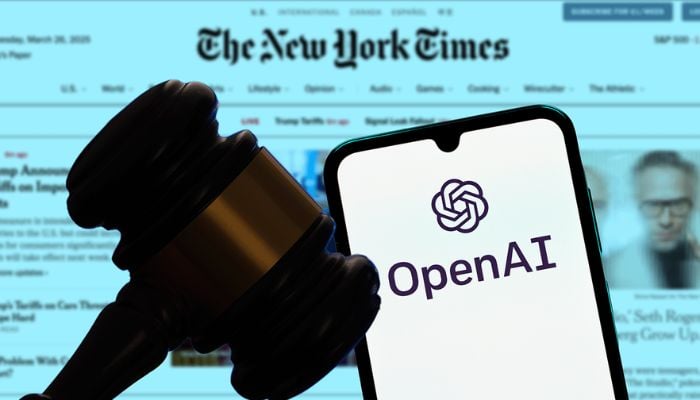
5 prominent lawsuits filed against Sam Altman's OpenAI
As OpenAI leads the artificial intelligence revolution, it's also navigating a rising tide of legal scrutiny.
Despite being one of the most prominent AI companies, co-founded by Sam Altman and now partly backed by Microsoft, OpenAI has found itself the subject of multiple high-profile lawsuits.
Here are five major lawsuits that have shaped the legal landscape for OpenAI, offering insight into the growing tension within the company.
The New York Times vs OpenAI (December 2023)
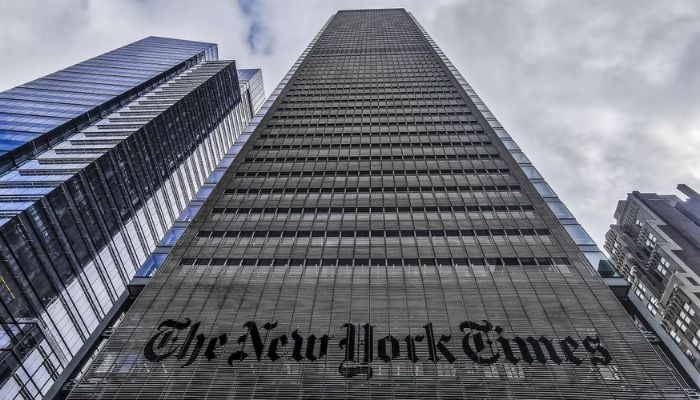
In a landmark legal move, The New York Times became the first major media outlet to sue OpenAI for copyright infringement.
The lawsuit alleged that OpenAI used millions of the New York Times’ articles without permission or compensation to train its large language models, including ChatGPT and Microsoft Copilot.
The publisher claimed that the AI could replicate its content verbatim, paraphrase it closely, and even emulate its editorial style, all without attribution or payment.
The lawsuit also set the precedent for other media organisations to consider legal action and forced OpenAI to confront the ethical and legal dimensions of AI training data.
Eight US newspaper publishers sue OpenAI (April 2024)
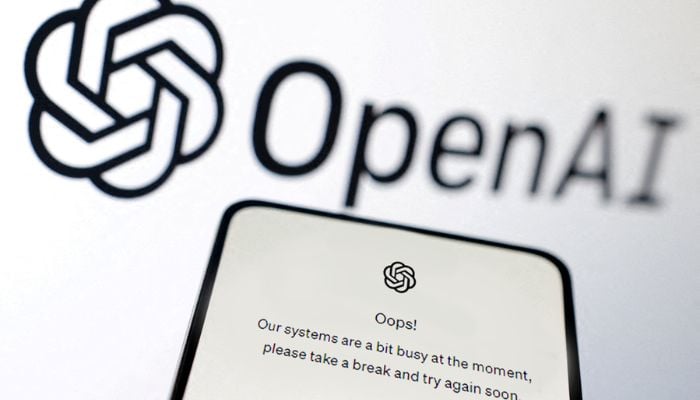
Just months after the New York Times lawsuit, a group of eight US newspapers, all owned by Alden Global Capital, filed a joint copyright infringement suit.
The publishers, including The Chicago Tribune, The Denver Post, and The Mercury News, accused OpenAI of “purloining millions of copyrighted articles” to train ChatGPT.
The complaint argued that ChatGPT not only used the publishers' content without consent but also attributed misinformation to them, thereby damaging their reputations.
Filed in a New York federal court, the case intensified the legal debate over whether LLMs can legally use copyrighted news content, especially in an era where traditional journalism already faces economic decline.
Elon Musk's lawsuit against OpenAI (August 2024)
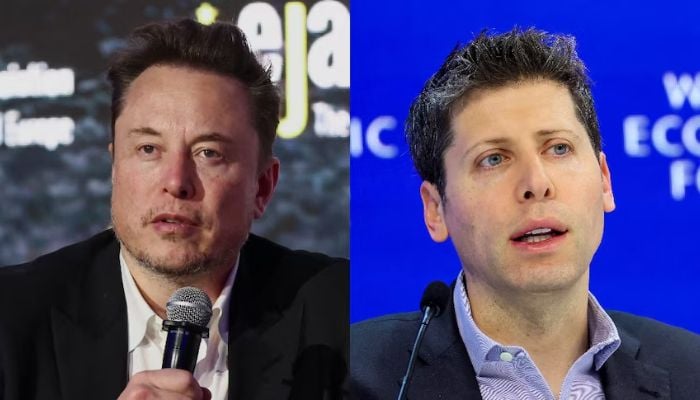
One of the most controversial legal battles came from within OpenAI's history. Elon Musk, who co-founded the company in 2015 but later distanced himself, filed a lawsuit against OpenAI, Sam Altman, and co-founder Greg Brockman.
The Tesla CEO alleged that the organisation had betrayed its founding mission by prioritising profit over its non-profit roots.
Filed in federal court in Northern California, the lawsuit claimed that OpenAI’s multi-billion-dollar partnership with Microsoft had compromised its original commitment to open-source AI development for the benefit of humanity.
It is worth noting that a jury trial is scheduled for March 2026, during which both parties will argue over OpenAI’s transformation and whether it has violated its founding mission.
Five Canadian news organisations’ copyright suit against OpenAI (November 2024)
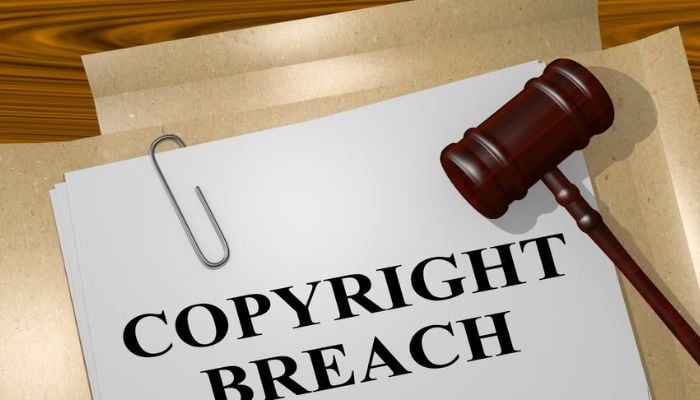
Later in November, five of Canada’s leading media companies, including CBC/Radio-Canada, The Globe and Mail, Postmedia, Torstar, and The Canadian Press, joined forces to sue OpenAI.
The lawsuit accused the company of scraping copyrighted journalism content to build its models without authorisation or fair compensation.
Their joint statement highlighted that journalism serves a public interest, whereas OpenAI's use of their content was purely commercial.
This international lawsuit revealed how concerns over AI training practices are not limited to the US and have sparked global legal conversations around digital ethics, data ownership, and the sustainability of news media.
US authors and newspapers sue OpenAI (April 2025)
In what could become one of the most significant legal challenges yet, twelve copyright lawsuits, including cases filed by renowned authors like Ta-Nehisi Coates, Michael Chabon, and Sarah Silverman, have been consolidated in New York federal court.
These have been merged with lawsuits by major newspapers, including The New York Times, to streamline proceedings against OpenAI.
Despite opposition from many plaintiffs who feared their unique claims might be lost in consolidation, a judicial panel ruled that these cases shared a common thread: the alleged unauthorised use of copyrighted material to train generative AI.

